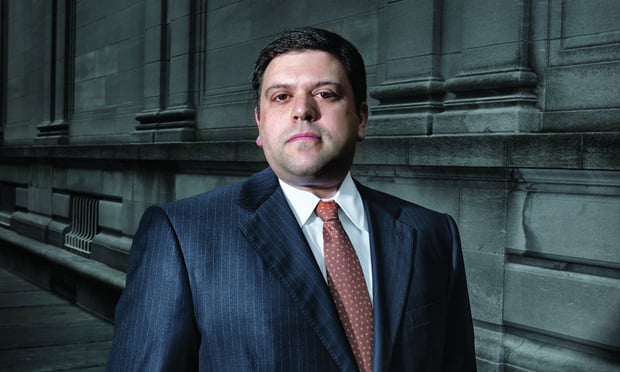When New York’s Schulte Roth & Zabel announced in April that it would expand its gadfly shareholder activism practice to London, it wasn’t good news for Europe’s boardrooms. The business press had already begun to warn of a coming siege by cash-rich American activist funds, which typically use their stake in a troubled or undervalued company to try to replace top management or make other major changes. “Big beasts are circling around the City,” as the Times of London put it in a March 22 article. Schulte Roth’s announcement was one more sign the invasion was at hand.
Among the recent high-profile activist campaigns, Paul Singer of New York-based Elliott Management Corp. has been pushing for a major shake-up at British grocery chain Wm Morrison Supermarkets plc, while Thomas Sandell, the founder of Sandell Asset Management, also based in New York, has been campaigning for a break-up of U.K. transport operator FirstGroup plc. To hear Sandell tell it, he and other U.S. hedge fund activists are just getting started. “We’re seeing a lot more opportunity in Europe right now,” says the Swedish-born Sandell, who contends that compared to the sky-high U.S. stock market, valuations for European companies are looking much more attractive. Plus, he adds, more shareholder-friendly corporate governance rules in Europe—particularly in the U.K.—tend to make it more hospitable terrain than the U.S. for activist investors.





